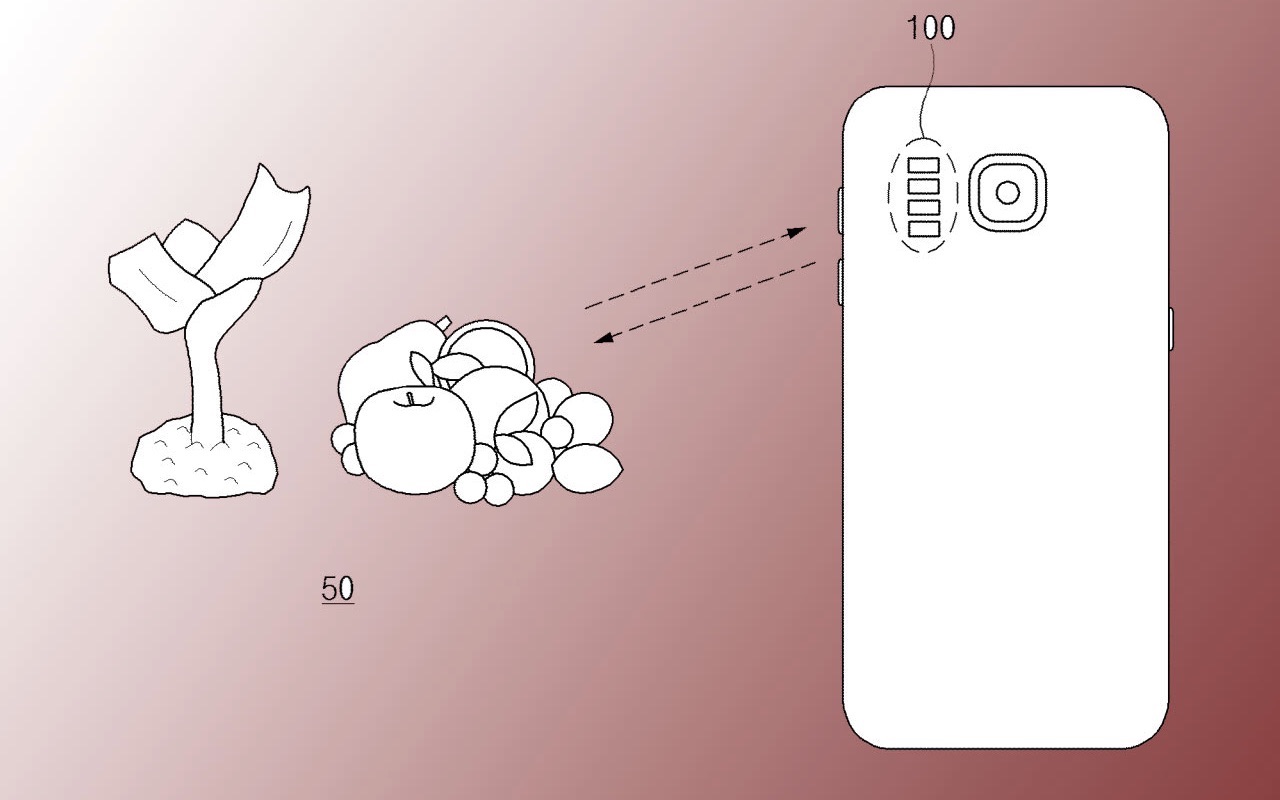
As we would always say, it’s never too early to talk about an upcoming product especially if it’s a premium flagship. Samsung is done with flagships this year as the Note 10 series and the Galaxy Fold have been revealed already. The next biggest phone to expect is the Galaxy S11 which we’ve started featuring way back in July. We noted the Galaxy S11 with an expandable screen was shown off in patent images. Features were listed early so we have an idea what to expect.
The Samsung Galaxy S11’s camera system will be more advanced. Believe it or not, color options were listed already while more image renders appeared online. The Samsung flagship is also said to have a 5x zoom camera and a bigger fingerprint sensor.
The next information we have about the Samsung Galaxy S11 has something to do with a spectrometer. A what? It sounds foreign but the dictionary simply describes it as an apparatus used to measure spectra. And what’s spectra again? It has something to do with light.
Simply put, a spectrometer measures the property of light. When it comes to smartphones, it detects the physical makeup of something. It looks at the reaction of an object to a beam of light. Such similar sensors have been available before but it’s only now that it can be easily and commercially available.

A spectrometer is said to scan objects optically. What it does is shine a beam of light, an infrared, to an object. It then looks and analyzes the energy waves bouncing back.
The idea of a spectrometer is nothing new. The Pixel had something similar but it’s not exactly spectrometer. Companies like SciO and Changhong have worked on a spectrometer as small as a USB stick. Samsung’s spectrometer was sighted on a USPTO document which tells us a patent is up for approval and publishing. The document was published only last September 26, 2019.
The patent sighted is for an “Electronic device comprising plurality of light sources”. This one is said to include a “light emitter emitting visible light, an infrared emitter emitting infrared light, at least one detector detecting an electromagnetic wave, and at least one processor configured to obtain a user input to obtain spectral data of a target object using at least one detector”.
Samsung could be considering spectrometry. If true, then the Galaxy S11 may be the first smartphone to have a built-in spectrometer which may then be found on the Note 11 and other Galaxy A or Galaxy M phones.









